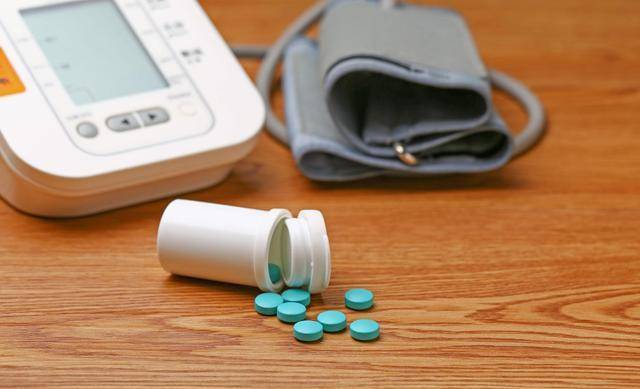“All medicines are toxic to some extent, and one should not take the same antihypertensive medication for an extended period. If taken continuously, it will lose its effectiveness and may lead to drug resistance…” This kind of statement is not uncommon among hypertensive patients. Some individuals even frequently change medications under the influence of the concept of “drug resistance.” Let’s debunk these misconceptions for everyone today.
Will taking the same antihypertensive medication for a long time lead to drug resistance?
Drug resistance generally refers to the tolerance of microorganisms, parasites, and tumor cells to the effects of chemotherapy drugs. Once drug resistance occurs, the therapeutic effect of the drug significantly decreases. This is more common with antibiotics, and most antihypertensive drugs currently used in clinical practice do not lose their effectiveness due to long-term use by hypertensive patients.
However, why do some individuals experience poor therapeutic effects of antihypertensive medication despite long-term usage? In reality, the therapeutic effect of antihypertensive drugs is influenced by various factors, such as age-related changes, organ function decline, etc., leading to fluctuations in blood pressure, resulting in the inadequate efficacy of the original antihypertensive medication.
This process is different from the development of drug resistance seen in antibiotics and other medications, which leads to microorganisms, parasites, and tumor cells becoming resistant. Therefore, the diminished effects of antihypertensive drugs cannot be solely attributed to “drug resistance.” Hypertensive patients should consult a professional physician for adjustments in their medication.
Is it beneficial for hypertensive patients to frequently change medications?
Due to the misconception of “drug resistance,” many individuals believe that antihypertensive medications need to be changed regularly or frequently, which is incorrect. The human body undergoes an adaptation process to antihypertensive drugs. When the medication starts to take effect, it indicates that the medication is suitable for adjusting a specific aspect contributing to the rise in blood pressure. Abruptly switching medications may cause significant blood pressure fluctuations and even rebound effects.
Furthermore, frequent medication changes may result in patients experiencing “first-dose reactions” (referring to intense reactions that some patients experience when first taking a medication due to the body not being accustomed to the medication). For instance, the antihypertensive drug methyldopa often leads to a sudden drop in blood pressure with the first dose used at a constant level.
Each time a new antihypertensive medication is introduced, it involves a trial-and-error process. If the initial medication is effective, readjusting the medication will restart the trial-and-error phase, which is unnecessary. If a particular antihypertensive medication works well for a hypertensive patient without notable side effects, they can continue long-term usage without the necessity for periodic changes.
How to correctly use antihypertensive medications?
1. Individualized medication. Every individual’s condition varies, and detailed information about one’s health should be communicated to the physician. This aids the physician in selecting suitable medications for patients, especially those with hypertension in conjunction with conditions like renal insufficiency, heart failure, diabetes, etc.
2. Avoid overly aggressive blood pressure reduction. Some individuals, upon experiencing hypertension, tend to desire an immediate return to normal blood pressure levels, leading to the rapid administration of antihypertensive drugs, resulting in potential unexpected situations. Rapid blood pressure reduction can cause dizziness, fatigue, and in severe cases, ischemic stroke and myocardial infarction risks.
3. Consistent use of antihypertensive medications. Some individuals only take medications when their blood pressure is high and discontinue when it normalizes. These sporadic intake patterns may induce significant blood pressure fluctuations in a short period, which are more concerning than simple blood pressure elevation.
4. Pay attention to adjunct measures. Relying solely on medications for blood pressure reduction is insufficient. To maximize the effectiveness of medications in lowering blood pressure, lifestyle measures are vital, such as maintaining a healthy diet, regular daily routines, positive emotional well-being, and consistent engagement in appropriate physical activity.
Reference:
1. Chen, X. Will Antihypertensive Medications Develop Resistance? Life and Partner (Month-end Edition), 2010(10): 18-19.


